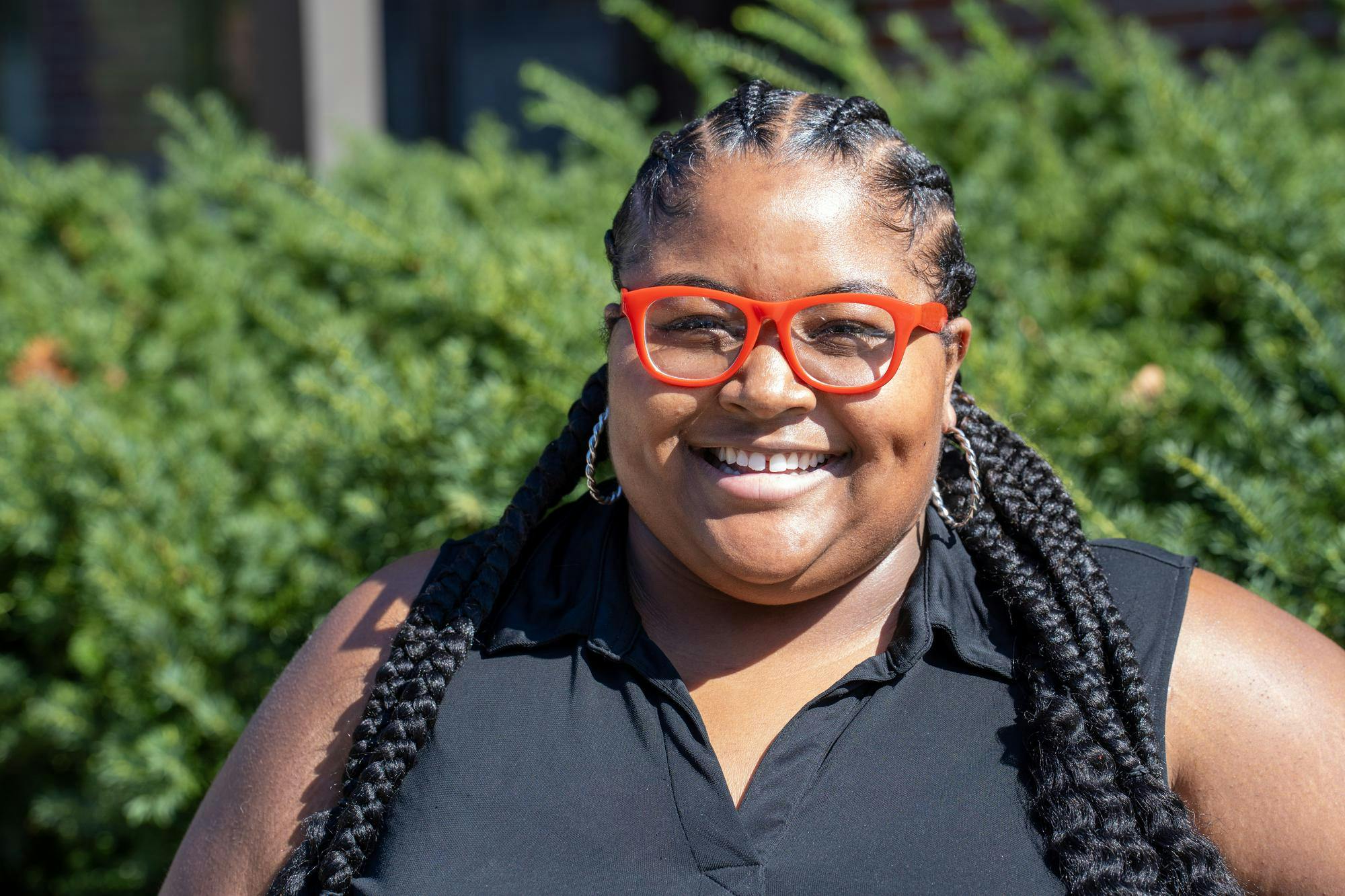For students who are alumni of the foster care system, amenities viewed by most as a given can become points of stress during a person's transition to college. Founded in 2007, MSU's Fostering Academics, Mentoring Excellence program, or FAME, aims to ease this transition.
The program provides support and resources to students who are former foster youth, have experienced homelessness or are otherwise independent. FAME coordinator Chiquita Whittington said the program provides members with support networks that traditional students would typically receive from their parents.
"Our goal through FAME is to fill in those gaps," Whittington said. "It could be not knowing what to do during certain campus emergencies, not knowing who to contact regarding class troubles or how to communicate with professors."
Whittington said that of the 350 students eligible for FAME, around 30 to 40 students participate during any given semester. Students can engage however they wish, meaning they can pick and choose the support they receive, Whittington said.
MSU alumnus and former FAME member Mario McLean said that alongside material support such as care packages, FAME empowered him to connect with other students he could relate to.
"Around holidays, there would be these events where you (could) connect with other FAME members," McLean said. "That was pretty motivating to see how 'Yes, we are a college, but we also come from a shared background.'"
While FAME offers social events, mentoring and life skills training, Whittington said the program's most popular service is the Care Closet, a regularly replenished stock of school supplies, personal care items and snacks available to members. Another popular resource is the semester survival kit, which can be customized to each student’s needs based on a wish list they complete.
Additionally, FAME's mentoring program pairs members up with local volunteers to provide social, emotional, and professional support during their time on campus.
"(A Mentor) can really be a supportive person who can give a student guidance," Whittington said. "(They can) be someone to lean on and to have that supportive, fun, close relationship with."
According to the National Foster Youth Institute, or NFYI, a lack of financial resources, mentorships and stability has meant that just three to four percent of foster youth alumni obtain a bachelor’s degree. Additionally, only 50% of children in foster care finish high school, according to the NFYI.
McLean said the knowledge that the odds were stacked against him motivated him to work harder and become a role model for other foster youth.
"I thought it was also important for me to give back to the community, maybe showcase, and say, 'Hey I was once in your shoes and this is how I'm able to overcome that,'" McLean said. "For me, it was always about leading by example."
Following his graduation in 2015, McLean has remained involved with the FAME, notably donating $20,000 worth of food and sanitation products to the program in the midst of the COVID-19 pandemic.
"That was really heartwarming for me," McLean said. "To come from that program, where I was initially attracted to the care packages, and then also being able to give back (to it)."
Whittington, who has been with FAME for almost two years, said one of the most rewarding parts of her job is observing the growth students undergo during their time at MSU.
"Just being able to watch them grow and see the changes that they've been able to make from freshman (year) to now," Whittington said. "(It's) definitely one of my favorite parts, being able to celebrate with them at time of graduation."







